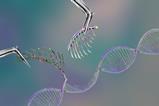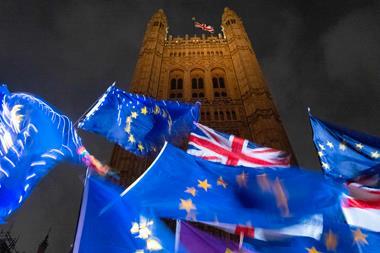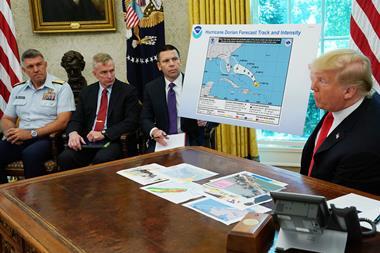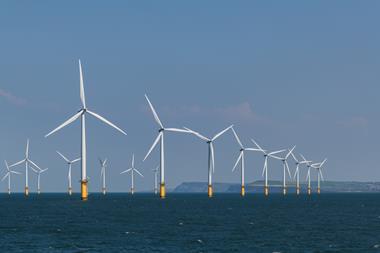This year has been a busy one. (Our reviews of the year can fill you in on the big moments). But looking ahead there are a number of news events brewing around the world that will shape 2020 – and have a significant effect on science.
The UK election result has just come in and Prime Minister Boris Johnson has been given a substantial majority by the electorate. What was billed as the Brexit election has delivered what the winners have called a mandate to ‘get Brexit done’. So we can expect the UK to leave the EU shortly and for the rest of the year to be taken up with negotiations on Britain’s future relationship with the trading bloc. However, trade deals are acknowledged to be arduous affairs that take years and the government has already committed itself to getting things wrapped up by the end of 2020. If some kind of very basic bare bones trade deal is rushed through to meet the deadline it is unlikely to include access to the EU’s research programmes, a serious blow to the UK’s researchers. An alternative is that no extension or deal is forthcoming and the UK crashes out of the EU, a result that scientific societies and organisations have predicted would be disastrous.
Then there are the growing calls for the world to go net zero carbon. The UK is one of a number of countries that have already signalled ambitious plans to convert their economies to ones that make no contribution to climate change by 2050 – or even earlier. The EU has recently followed suit backing net zero carbon by 2050, despite opposition from some eastern European countries, and has also just launched its European Green Deal. As part of the deal the EU wants to write net zero carbon into law and will have a detailed plan by October on how it will get there.
And of course there’s also the elephant in the room. November will be election time in the US. The Democratic presidential hopefuls are still battling it out for a shot at the top job in US politics but should be done by springtime. Joe Biden – who was President Obama’s vice president – is currently the front runner and presumed challenger to President Trump for the White House (assuming Trump survives the ongoing impeachment process). The outcome of the election is likely to have far reaching implications for science in the US. Trump has not shown himself to be a friend to the research community, clashing with it frequently over funding, visas for scientists and academic freedom. His administration has been positively hostile to any efforts to tackle climate change and he confirmed that the US would withdraw from the Paris Agreement in October. The result of this election could dictate the course the world takes on this pressing problem. May you live in interesting times indeed.

















No comments yet